Nations that lost big after waging wars
War has always been a game of high stakes, where the cost of defeat can significantly alter the course of history. From ancient empires to modern nations, the repercussions of military confrontations have often led to the rise and fall of powers.
Whether it’s the loss of territory, the imposition of harsh treaties, or the internal strife that follows, the price of defeat in war is rarely confined to the battlefield alone.
The Fall of the Aztec Empire: Hernán Cortés and the Spanish Conquest
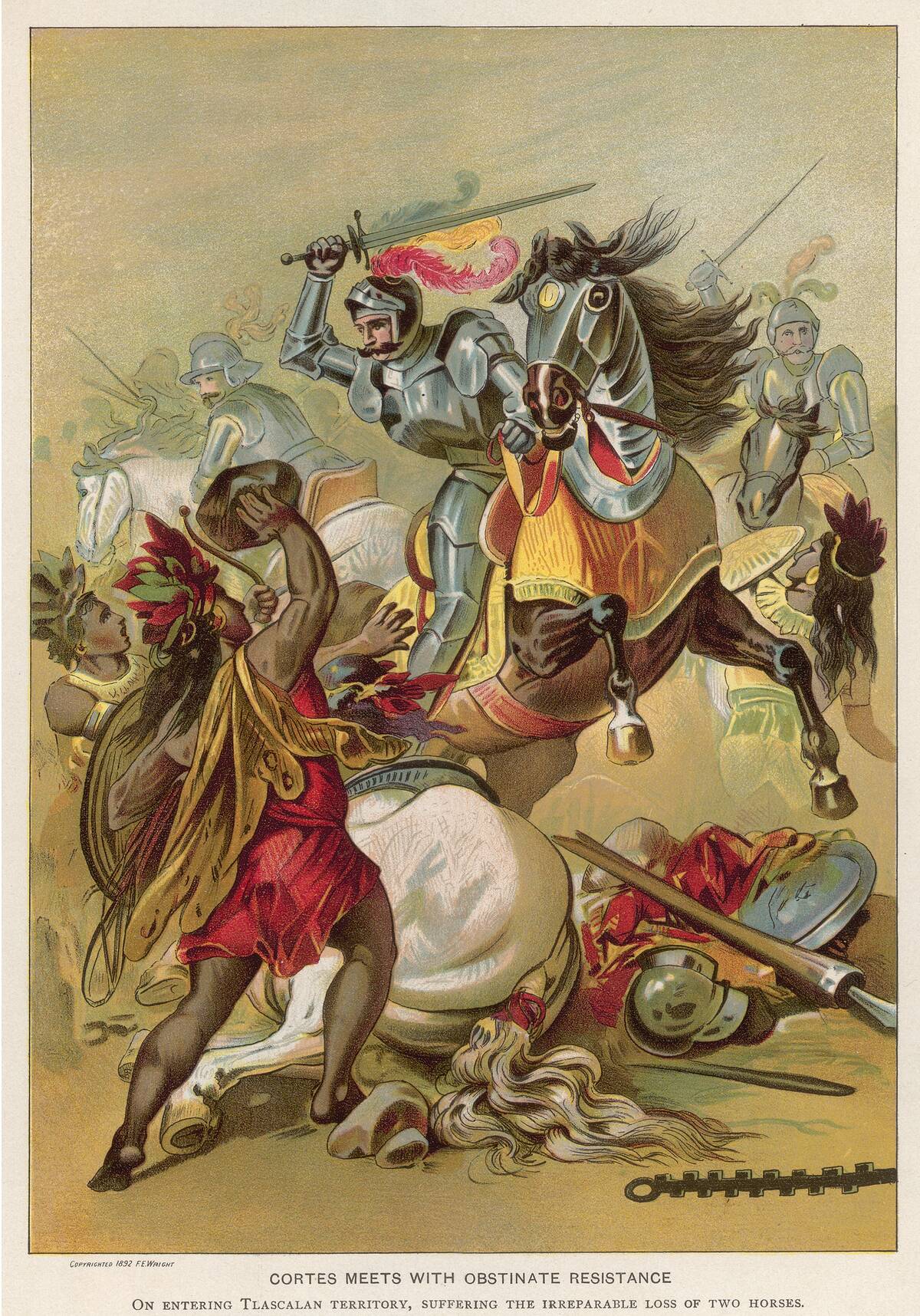
In 1519, the Spanish conquistador Hernán Cortés arrived in the Aztec Empire, marking the beginning of its downfall. His alliance with local tribes, who were enemies of the Aztecs, played a crucial role in his success.
Despite being vastly outnumbered, Cortés leveraged superior weaponry, tactics, and eventual reinforcements from Cuba to capture Tenochtitlán in 1521. The fall of the Aztec Empire not only marked the end of a powerful civilization but also paved the way for Spanish dominance in the New World.
The Decline of the Ottoman Empire: From Superpower to Struggle
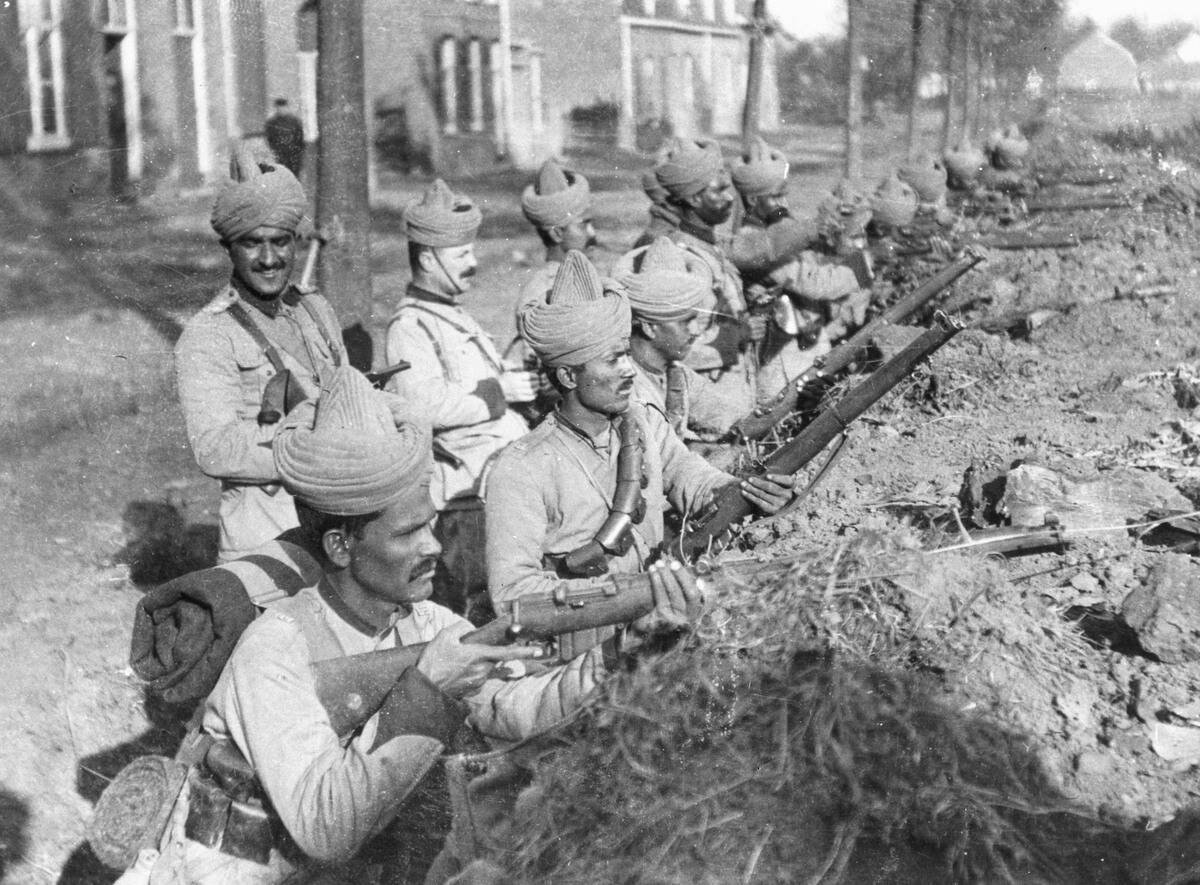
The decline of the Ottoman Empire, spanning several centuries, was marked by both external pressures and internal decay. By the late 17th century, after the failed Siege of Vienna, the empire’s territorial expansion halted, and subsequent military defeats further weakened it.
The 19th century saw the rise of nationalism within its borders, leading to a loss of territories. The Treaty of Sèvres in 1920 effectively ended the Ottoman reign after its defeat in World War I, but the Turkish state that emerged in its wake never ratified it.
Napoleon’s Ambitions: The Downfall of the French Empire
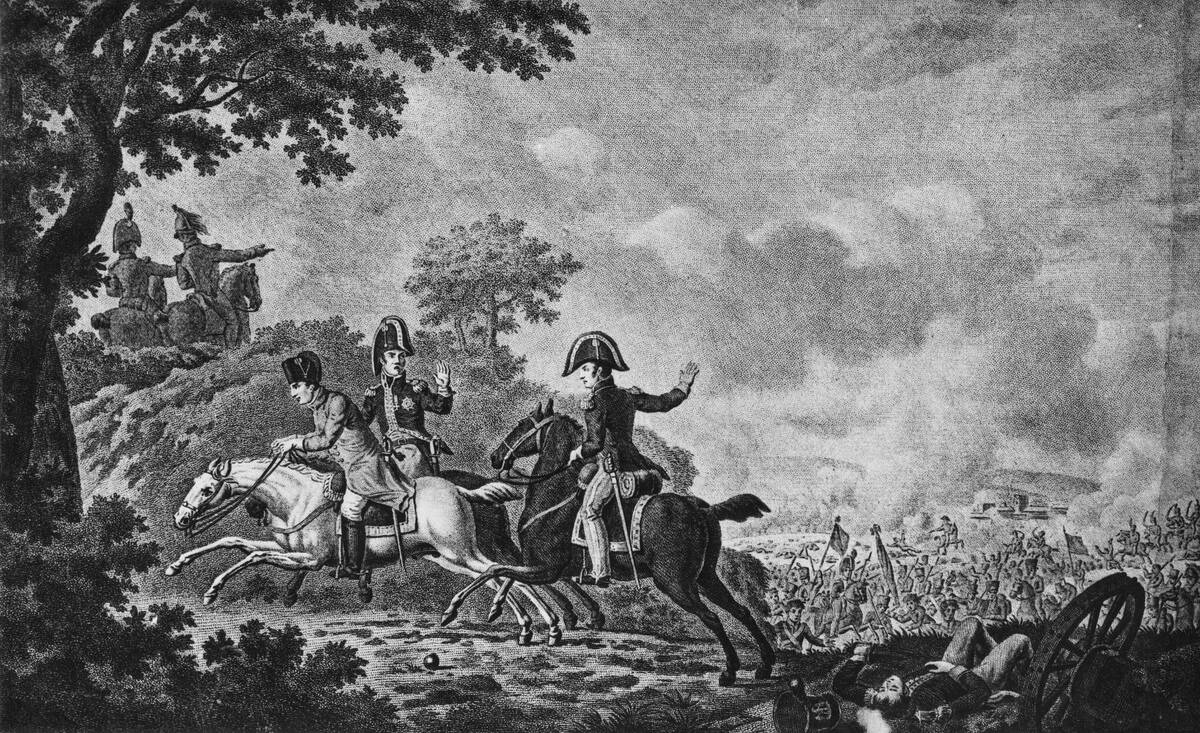
Napoleon Bonaparte’s dreams of a grand French Empire came crashing down with his defeat at the Battle of Waterloo in 1815. His aggressive expansion across Europe had made France a dominant power, but it also created a coalition of enemies.
The disastrous Russian campaign in 1812 severely weakened his forces, and subsequent defeats led to his abdication. The Congress of Vienna redrew the map of Europe, curtailing France’s influence and restoring a balance of power.
The British Empire’s Loss in the American Revolutionary War
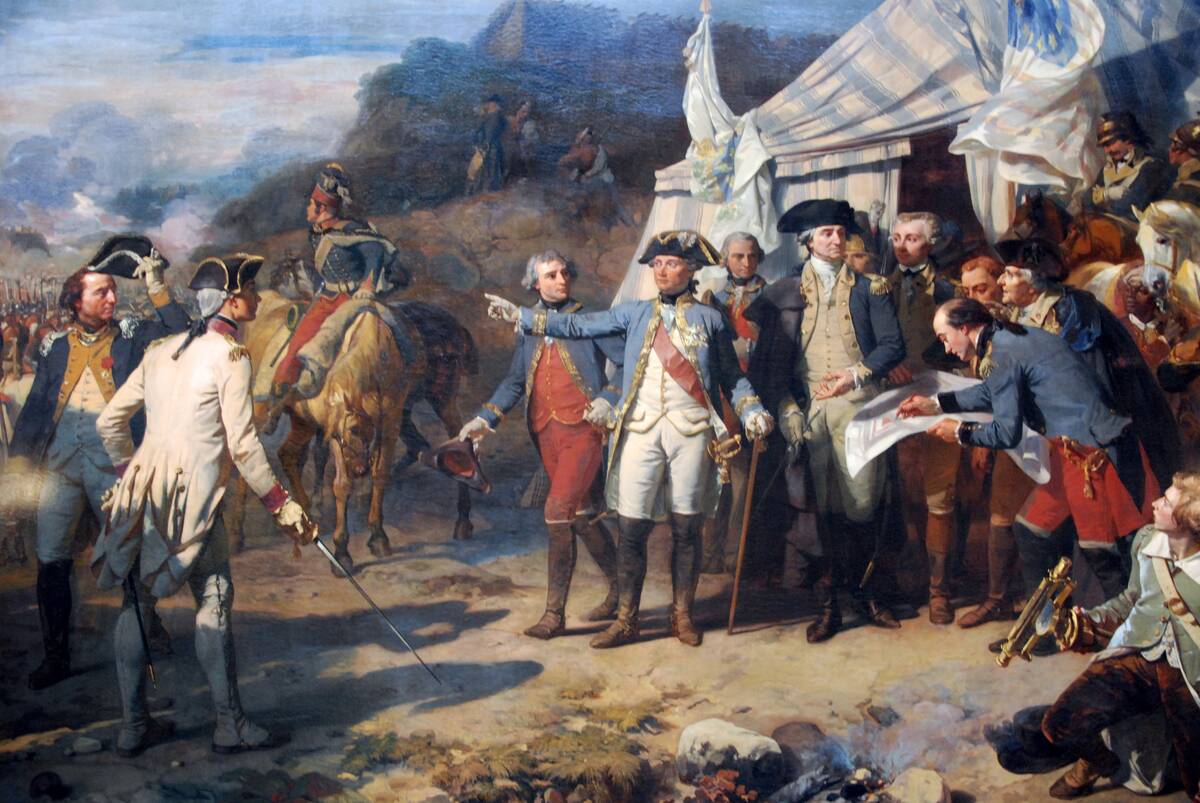
The American Revolutionary War, which lasted from 1775 to 1783, was a significant blow to the British Empire. Despite having a formidable military, Britain struggled with logistical challenges and the growing support for independence among the colonies.
The pivotal victory for the American forces at Yorktown in 1781, aided by French support, led to the Treaty of Paris. This treaty recognized American independence, marking the first major loss of colonial territory for Britain.
Germany and the Treaty of Versailles: Repercussions of World War I
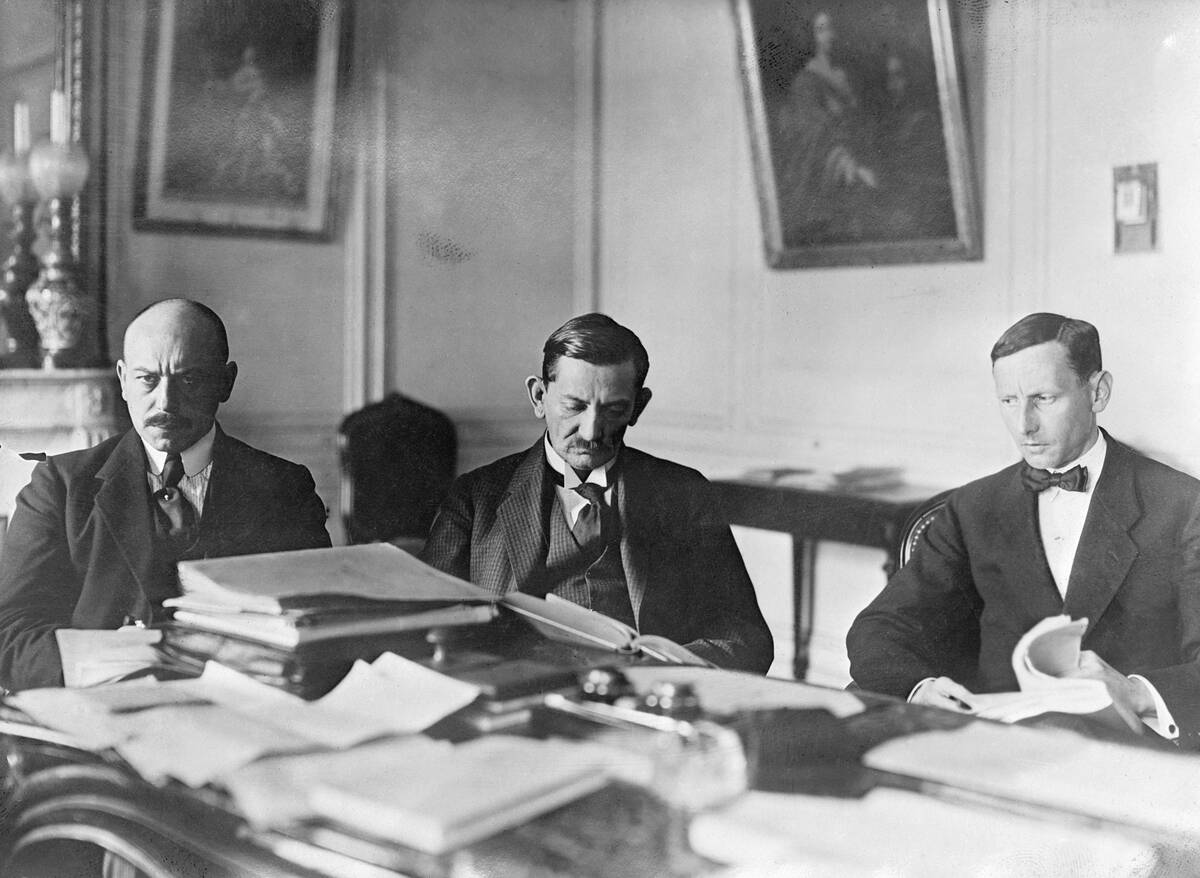
The Treaty of Versailles in 1919 brought World War I to an end but left Germany grappling with harsh terms. The treaty demanded significant territorial losses, military restrictions, and reparations payments, which crippled the German economy.
The sense of humiliation and economic hardship fueled political instability, eventually contributing to the rise of Adolf Hitler and the onset of World War II. The treaty’s failure to ensure lasting peace is a lesson in the complexity of crafting post-war agreements.
The Soviet Union’s Afghan Misadventure: A Costly Cold War Conflict
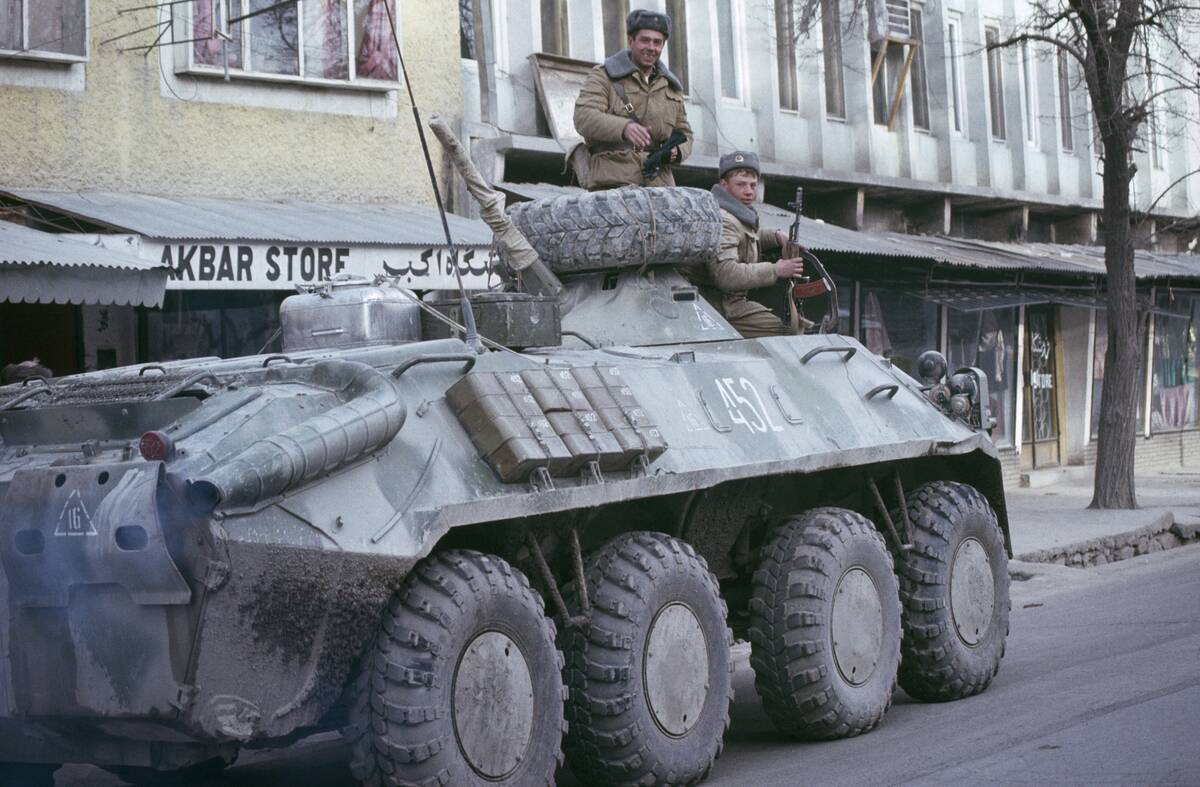
The Soviet Union’s invasion of Afghanistan in 1979 was intended to support a communist government, but it quickly turned into a quagmire. The mujahideen, backed by the United States and other countries, waged a relentless guerrilla war against the Soviets.
The conflict drained Soviet resources and morale, contributing to economic troubles back home. By 1989, the Soviets withdrew, leaving Afghanistan in turmoil and marking a significant Cold War setback for the USSR.
Japan’s World War II Gamble: From Imperial Power to Defeat
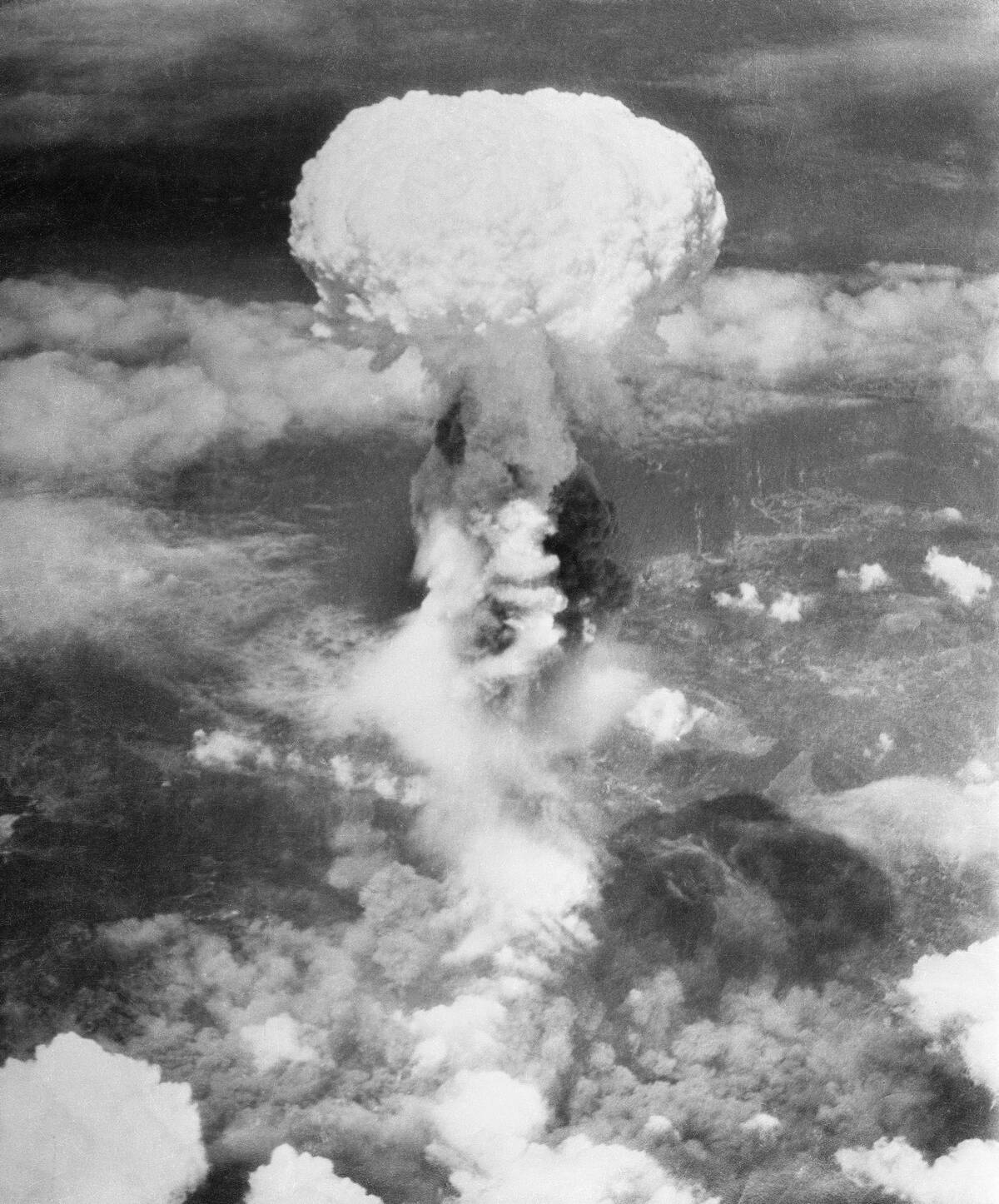
Japan’s ambitions in World War II led to its eventual downfall. The surprise attack on Pearl Harbor in 1941 brought the United States into the war, while Japan’s rapid territorial expansion stretched its resources thin.
The turning point came with the Battle of Midway in 1942, where Japan suffered a significant defeat. The relentless Allied island-hopping campaign and the devastating atomic bombings of Hiroshima and Nagasaki in 1945 forced Japan to surrender, ending its imperial aspirations.
The Spanish-American War: Spain’s Loss of its Colonial Holdings
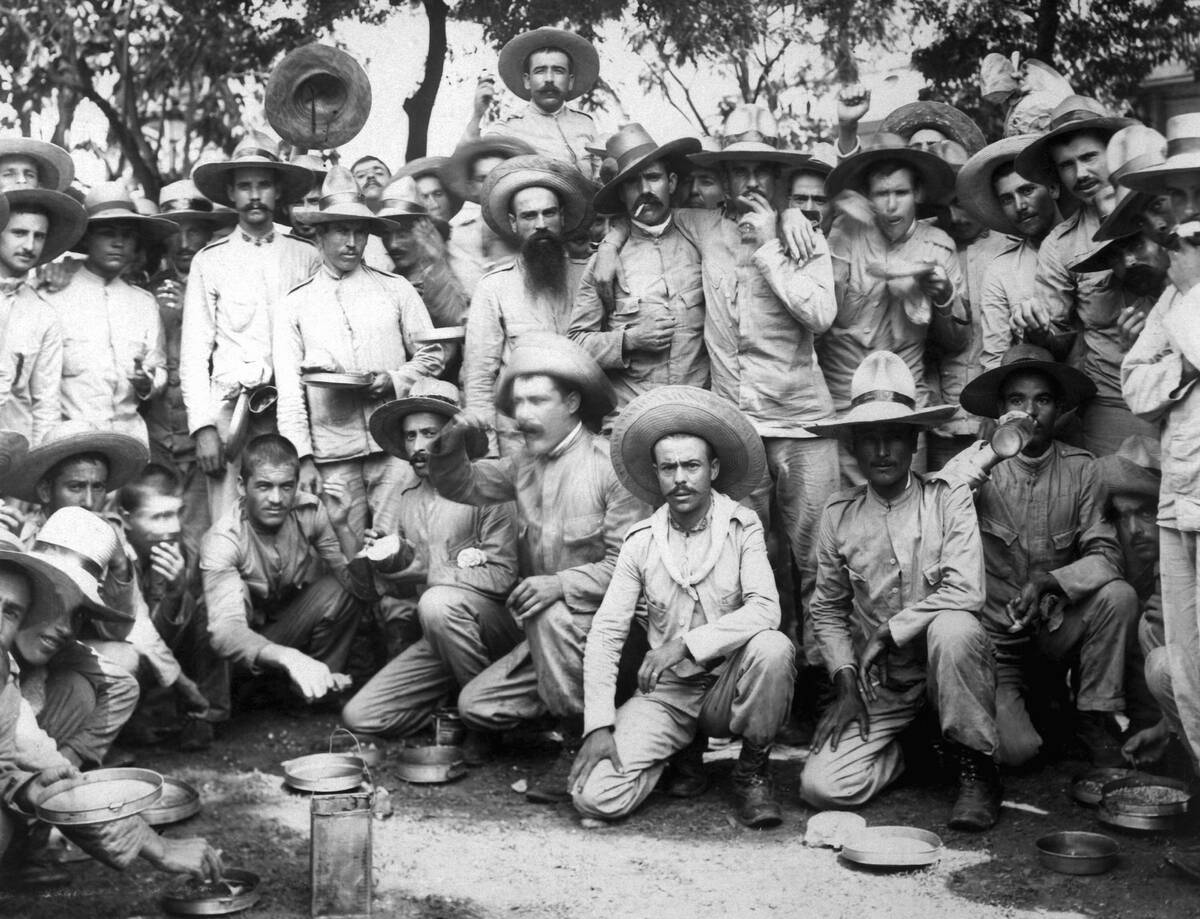
The Spanish-American War of 1898 was a brief but decisive conflict that resulted in Spain losing its remaining colonial possessions. The explosion of the USS Maine in Havana Harbor was a catalyst for U.S. intervention, and the war saw swift victories for American forces.
The Treaty of Paris concluded the conflict, ceding Cuba, Puerto Rico, Guam, and the Philippines to the United States. This marked the end of Spain’s colonial empire and the rise of America as a global power.
The Vietnam War: The United States’ Unforgettable Setback
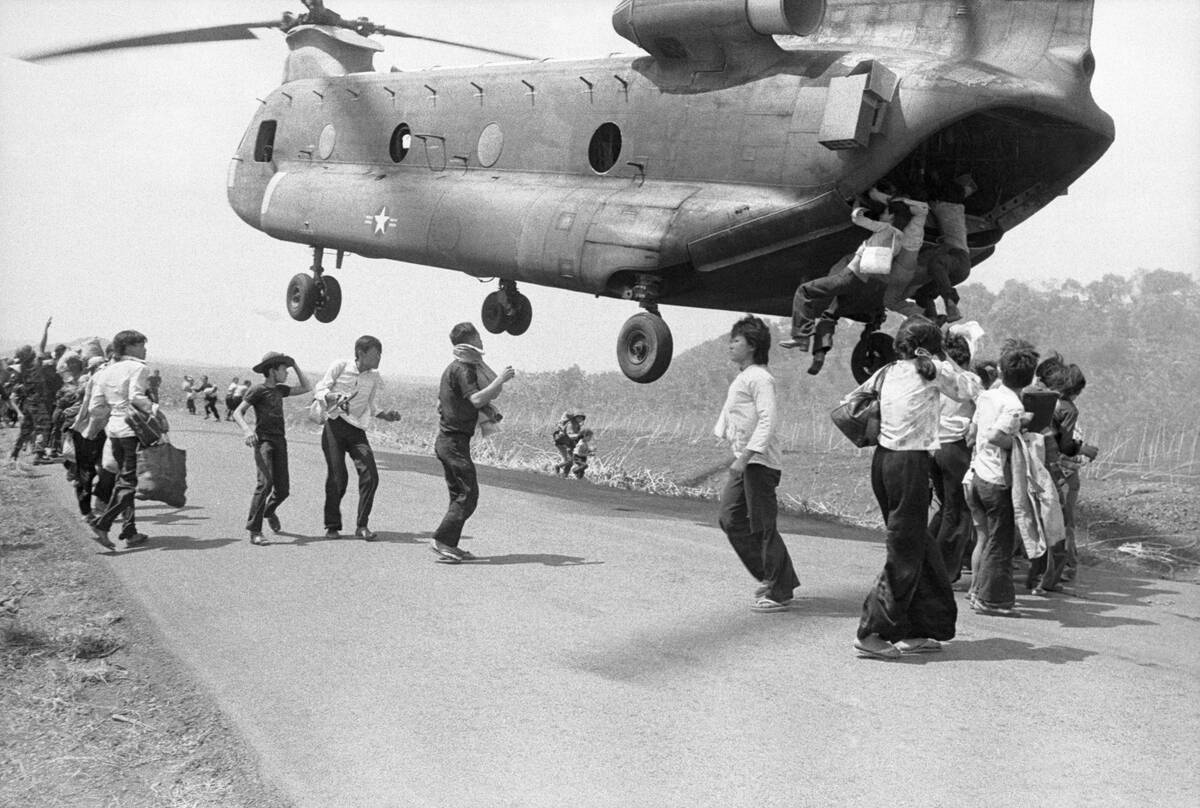
The Vietnam War, lasting from 1955 to 1975, remains one of the most challenging periods in U.S. military history. Despite superior military technology and resources, the U.S. faced fierce resistance from the North Vietnamese and Viet Cong.
The Tet Offensive in 1968, a series of surprise attacks, shifted public opinion and revealed the war’s unwinnable nature. The fall of Saigon in 1975 marked the end of the conflict, leaving a legacy of division and reflection in America.
The Greek War of Independence: Ottoman Loss and a New Nation Born
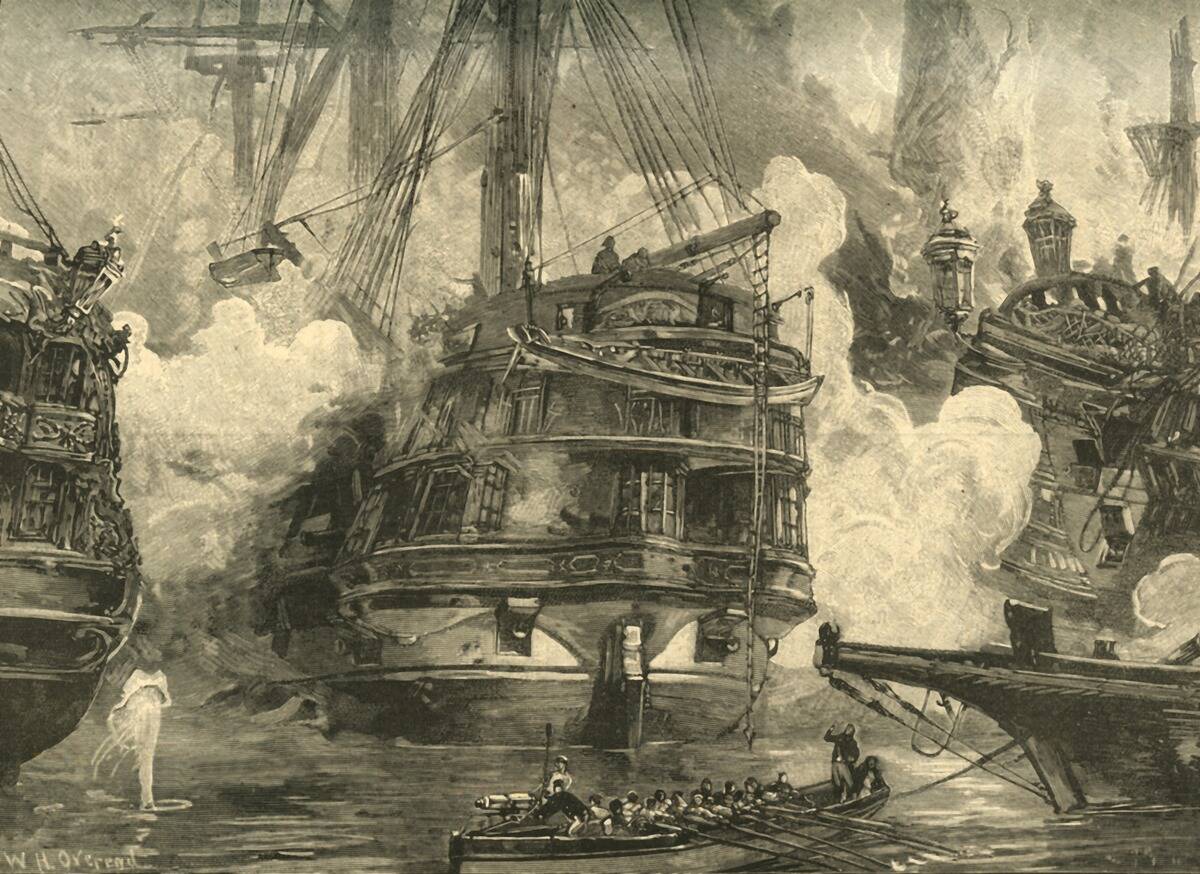
The Greek War of Independence from 1821 to 1829 was a pivotal moment that led to the decline of Ottoman control in Europe. Inspired by nationalist movements, the Greeks rebelled against centuries of Ottoman rule.
Support from Britain, France, and Russia was crucial, culminating in the decisive Battle of Navarino in 1827. The subsequent Treaty of Constantinople in 1832 recognized Greece as an independent state, reshaping the political landscape of the region and inspiring other nationalist movements.
The Franco-Prussian War: France’s Humbling Defeat and Germany’s Rise
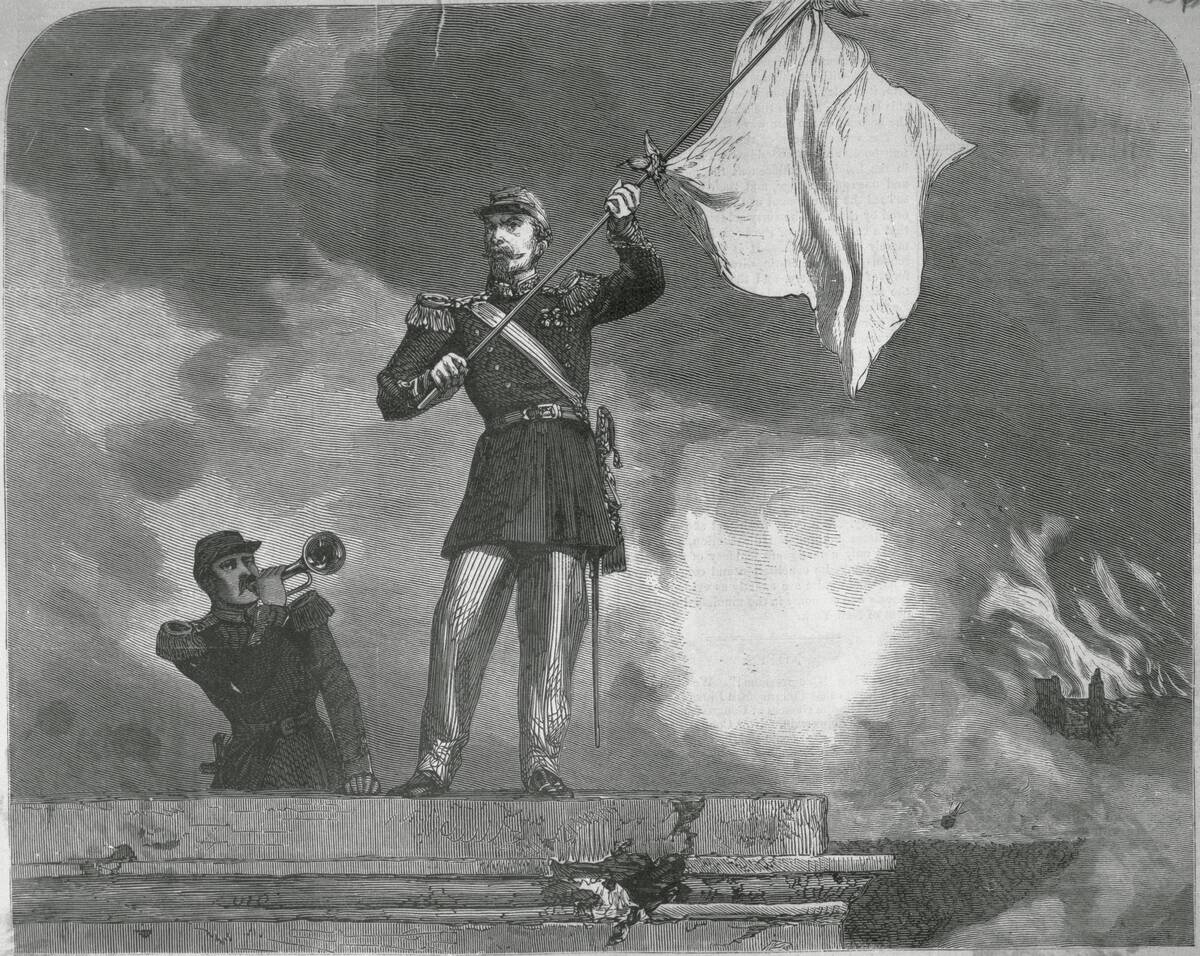
The Franco-Prussian War of 1870-1871 was a conflict that dramatically altered the balance of power in Europe. Prussia’s swift and decisive victories, particularly at the Battle of Sedan, led to the capture of French Emperor Napoleon III.
The war concluded with the Treaty of Frankfurt, resulting in the cession of Alsace-Lorraine to the newly unified Germany. This defeat humiliated France and laid the groundwork for future tensions, while Germany emerged as a dominant continental power.
The Zulu War: The British Empire’s Pyrrhic Victory
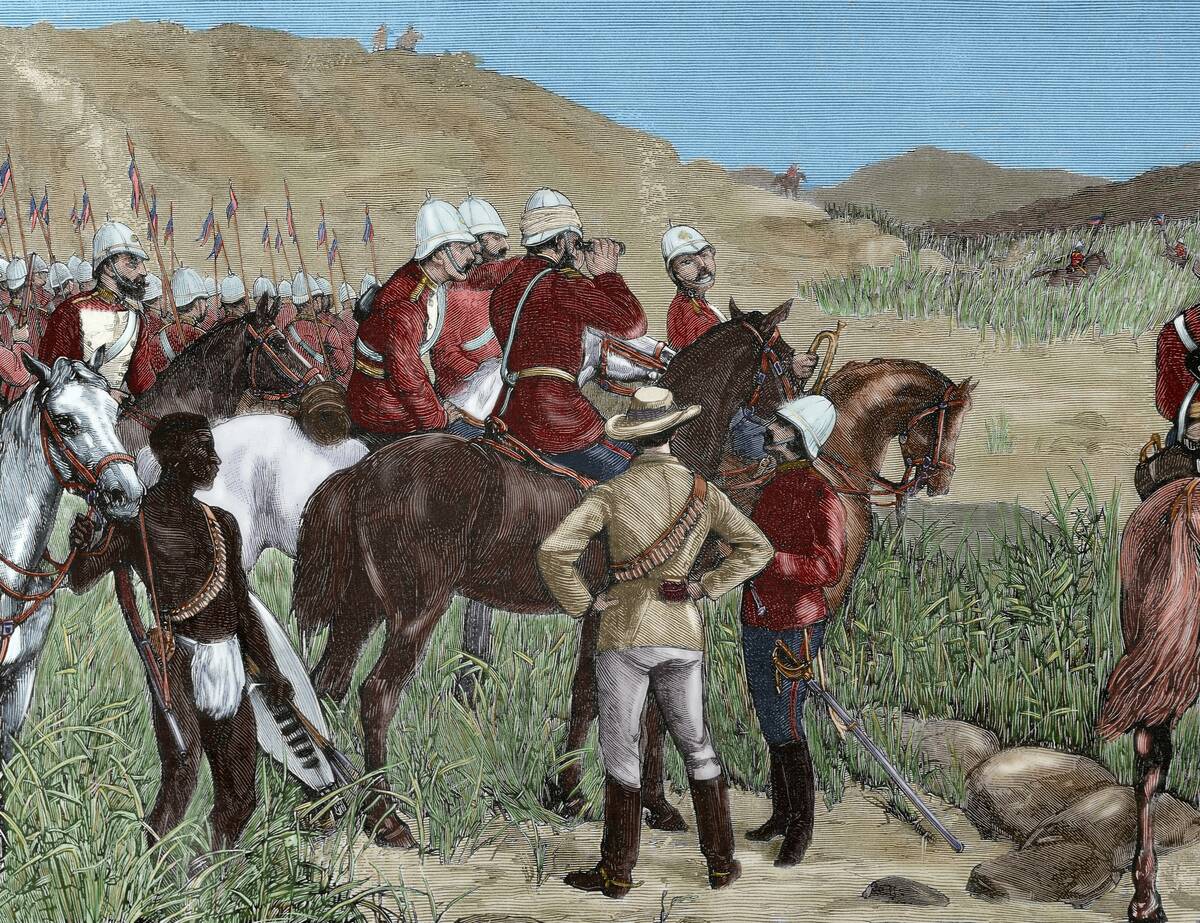
The Anglo-Zulu War of 1879 was a costly conflict for the British Empire, despite ending in victory. The initial defeat at the Battle of Isandlwana shocked the British public, as the Zulu forces demonstrated their military prowess.
However, British reinforcements turned the tide, culminating in the capture of the Zulu capital at Ulundi. The war’s high cost, both in terms of lives and resources, highlighted the challenges of imperial expansion and the resilience of indigenous resistance.
The Boer Wars: Britain’s Struggle and the Cost of Empire
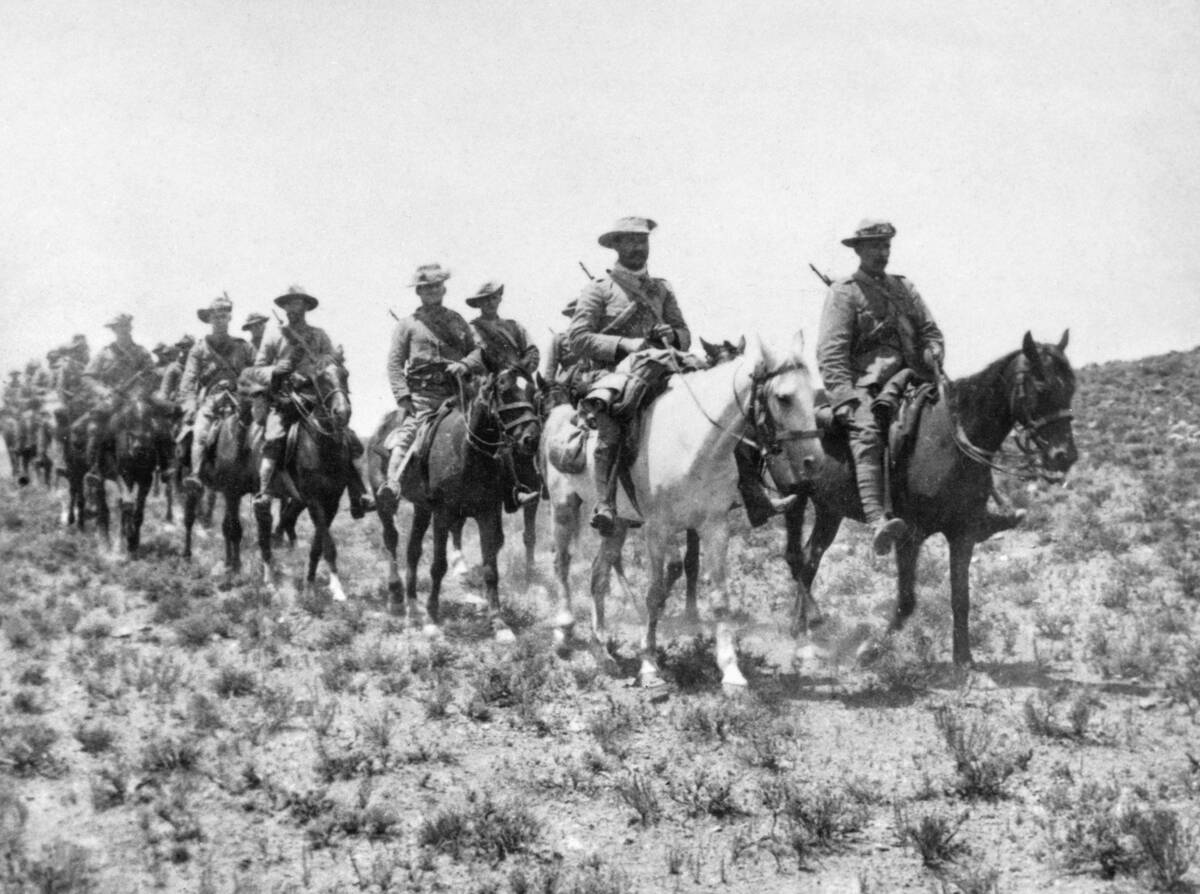
The Boer Wars, particularly the Second Boer War from 1899 to 1902, were a significant challenge for the British Empire. The conflict arose from tensions with the Boer republics in South Africa, resulting in a protracted and brutal guerrilla war.
Despite eventual victory, the war exposed the vulnerabilities of the British military and led to widespread criticism. The costly campaign strained Britain’s resources and led to reforms in military strategy and colonial policy.
The Russo-Japanese War: Russia’s Unexpected Defeat and Its Consequences
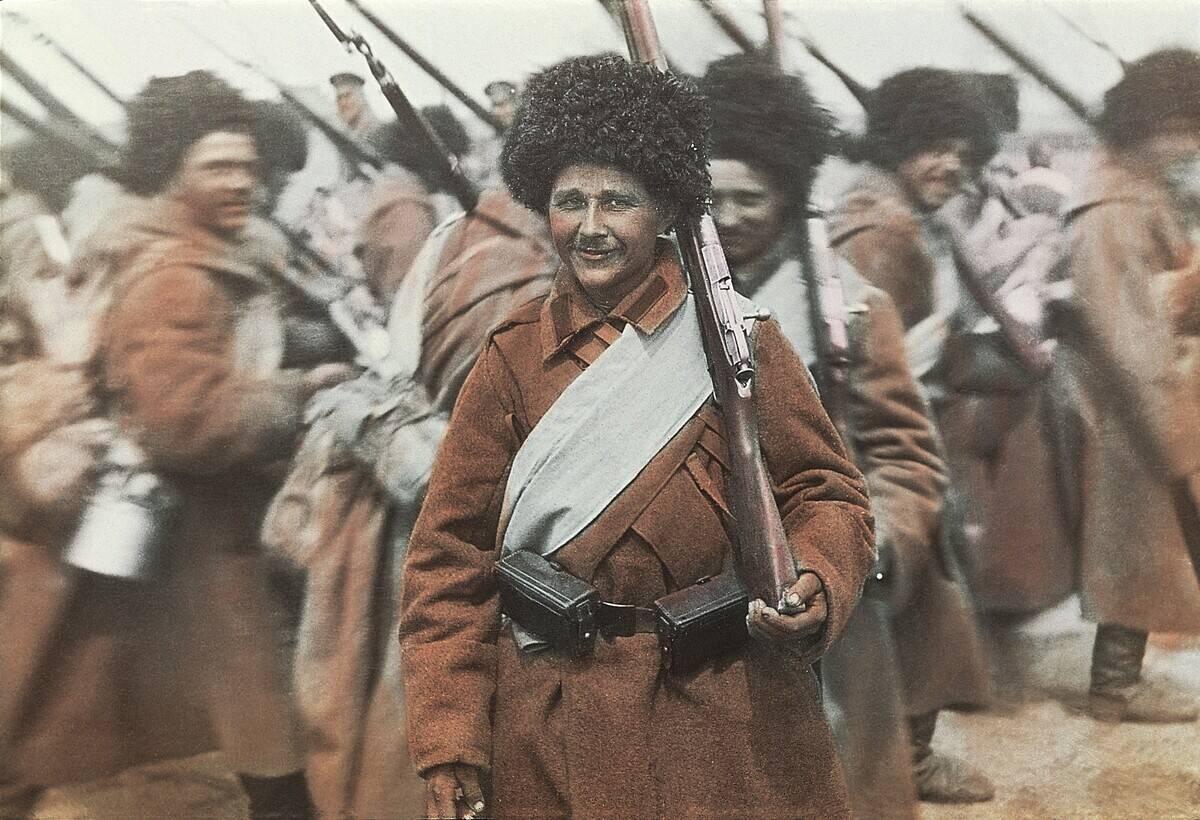
The Russo-Japanese War of 1904-1905 was a surprising turn in global power dynamics. Japan’s victory over Russia marked the first time an Asian power defeated a European nation in modern warfare.
Key battles, such as the Battle of Tsushima, showcased Japan’s naval supremacy. The Treaty of Portsmouth ended the conflict, granting Japan territorial gains and solidifying its status as a rising power. Russia’s defeat exposed internal weaknesses, contributing to political unrest and the 1905 Revolution.
The Fall of Yugoslavia: Ethnic Conflict and the Cost of War
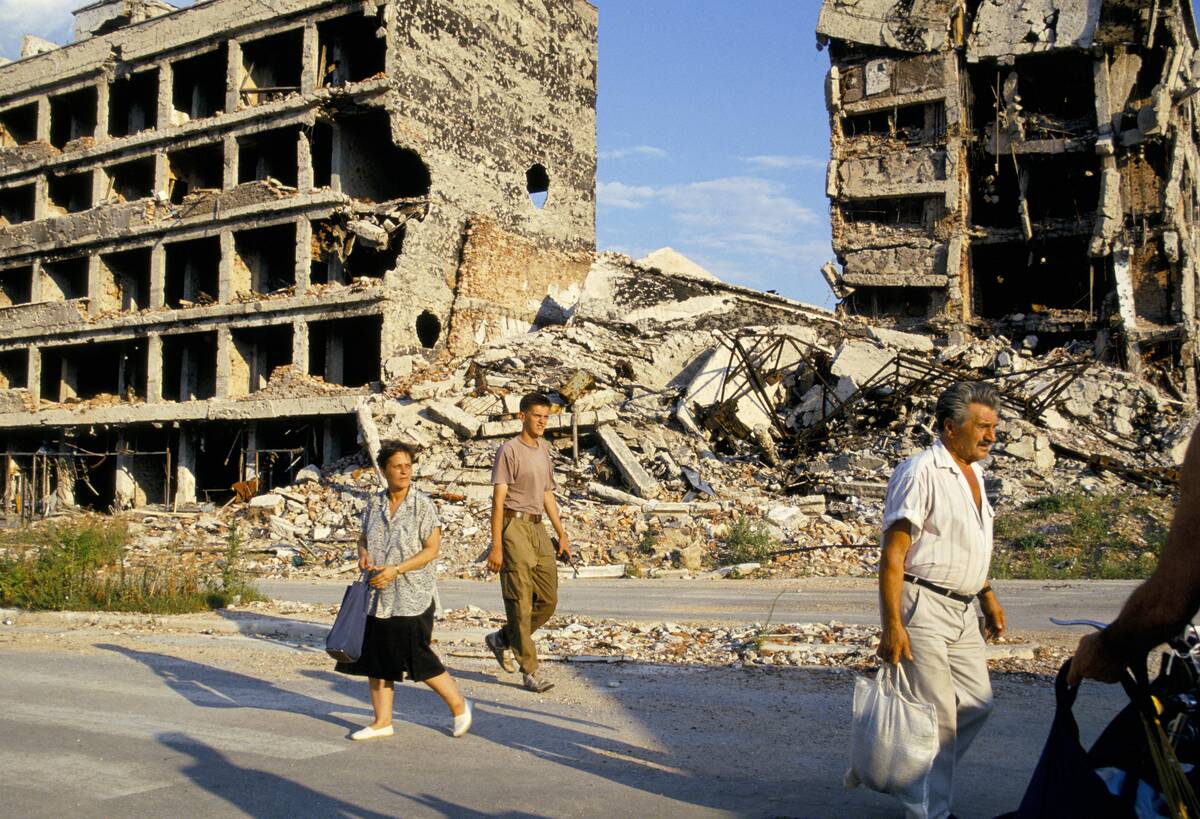
The dissolution of Yugoslavia in the 1990s was a tragic chapter marked by ethnic conflict and violence. The death of Josip Broz Tito in 1980 left a power vacuum, and rising nationalism fueled tensions among the diverse ethnic groups.
The wars that followed were marked by atrocities and led to the eventual breakup into several independent states. The international community faced challenges in responding to the crisis, highlighting the complexities of post-Cold War geopolitics and the cost of ethnic conflict.




